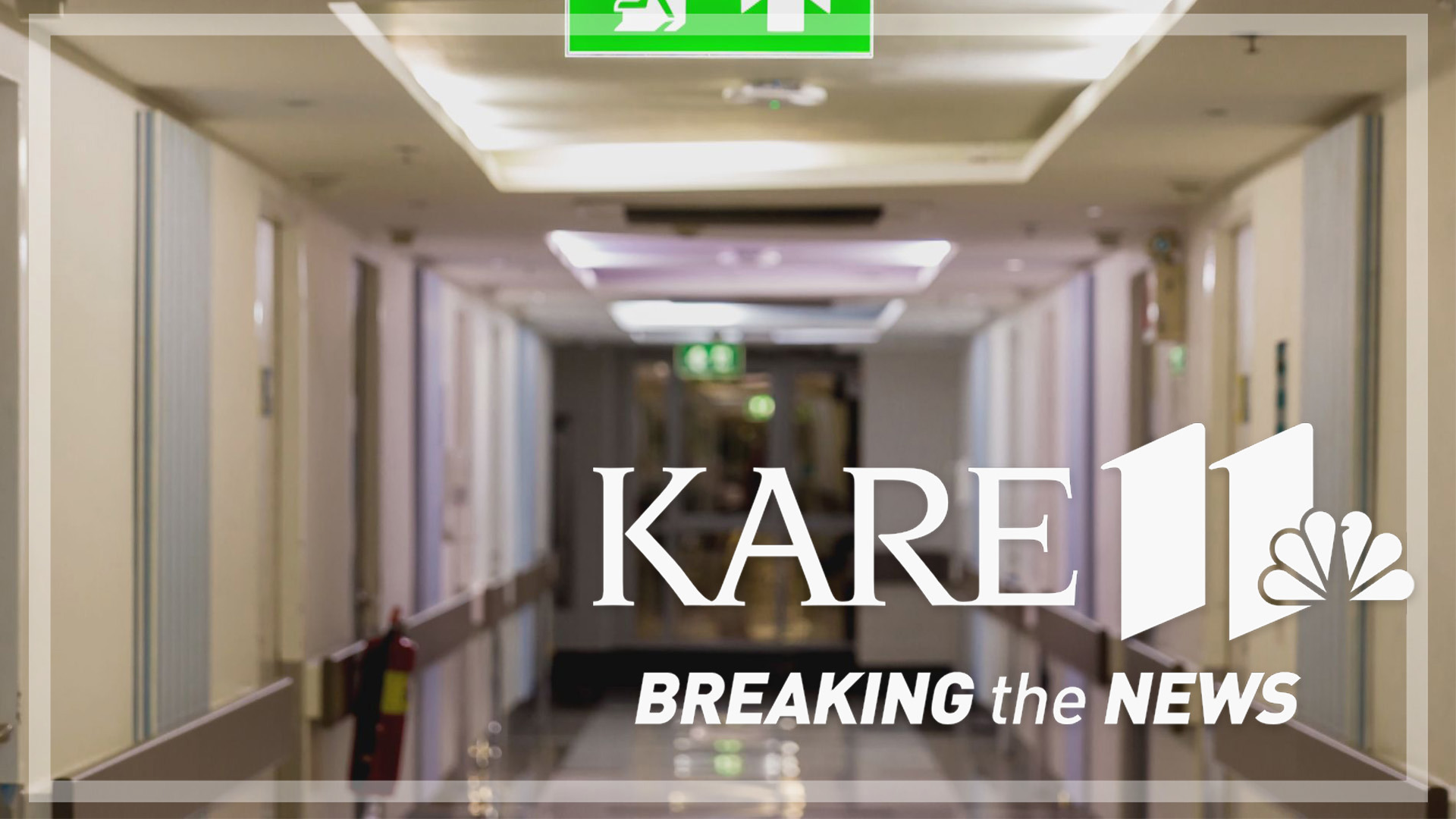MINNESOTA, USA — Health experts say a new study confirmed what they already know: Some folks don't get the care they need when they need it.
Delays in mental health services not only impact patients, but the systems that care for them, according to a study from the Minnesota Department of Health and Wilder Research.
Kristin Dillon, an associate director of research with Wilder, co-authored the study. Her team looked at 33 emergency departments around the state for two weeks last fall.
"The most common delays for discharge delays is lack of available bed space in a safe setting," she said.
They found 18% of behavioral health patients who experienced transfer or discharge delays during the study, stayed on average 25 hours longer than necessary.
The top reason for those delays? About 60% of the time, an inpatient psychiatric bed wasn't available.
"Those delays in the inpatient units are also causing a backlog in the emergency departments," said Dillon.
"It's a long term challenge that we are aware of the behavioral health system doesn't always serve patients well," Stefan Gildemeister, the State Health Economist with MDH. "Ultimately we want to help inform policy and funding changes."
M Health Fairview's Southdale Hospital in Edina was one of the hospitals who participated in the study.
Their emergency room is set up differently than most. Their EmPATH unit serves as an extension of the ER, and is built specifically for people going through mental health crises.
"It's calm, it's quiet," said Dr. Rich Levine, the outpatient adult medical director for mental health and addiction services. "The lighting is just right to help de-escalate and allows people to come in and not have the pressures of the emergency room. On top of that there's therapists, mental health nurses, mental health associates psychiatrists."
Levine and his colleagues say their unique model could be part of the solution.
"We're able to discharge 90% of our patience to less restrictive levels of care," said Michelle Snyder, the system director triage and transition.
Snyder said that means they're able to keep people out of those backlogged and expensive inpatient beds.
They say investment in those inpatient services is only part of the solution.
"Early intervention is key for people's long-term stability," said Snyder.
"I think the study shows there are multiple reasons why the system is starting to, well, I shouldn't say starting to, has been failing for some time," said Levine.
If you or someone you know is facing a mental health crisis, there is help available from the following resources:
Crisis Text Line – text “MN” to 741741 (standard data and text rates apply)
Crisis Phone Number in your Minnesota county
National Suicide Prevention Lifeline at 988, Talk to Someone Now
Throughout Minnesota call **CRISIS (**274747)
The Trevor Project at 866-488-7386

